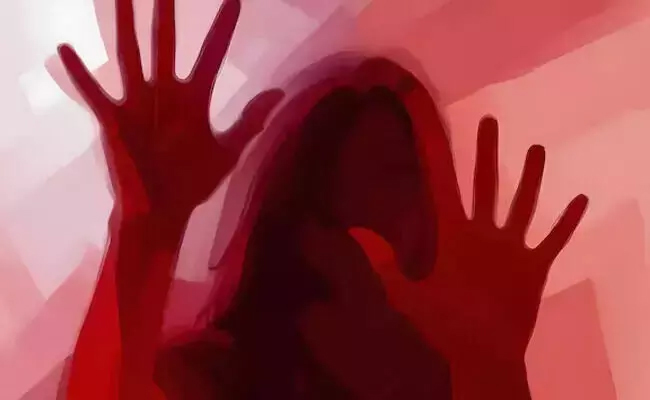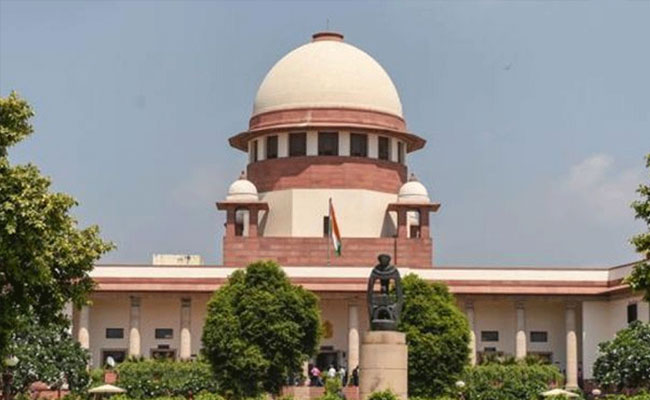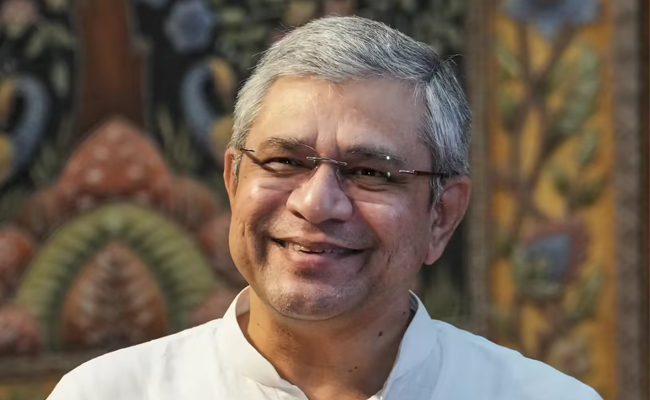AL WAKRAH, Qatar: Croatia is going deep at another World Cup, and the team is taking the long route once again.
Goalkeeper Dominik Livakovic saved three penalty kicks Monday in Croatia's 3-1 win over Japan in a shootout, securing a return to the quarterfinals for the runner-up in the 2018 tournament.
On its run to the final four years ago, Croatia needed extra time in each round in the knockout stage — and twice came through a penalty shootout.
This time, Mario Pasalic converted the clinching penalty for Croatia after the teams were tied at 1-1 after extra time.
Livakovic saved penalties from Takumi Minamino, Kaoru Mitomo and Maya Yoshida, and it was the Dinamo Zagreb goalkeeper who took most of the acclaim from the jubilant Croatia team after the shootout.
Japan had been looking to reach the quarterfinals for the first time but fell short again, just like in 2002, 2010 and 2018. The Asian team lost to Paraguay in a penalty shootout in the round of 16 in 2010.
Croatia, which also reached the semifinals in 1998, will play either Brazil or South Korea next.
In an even 90 minutes of regulation play, Daizen Maeda put Japan ahead in the 43rd minute by sweeping in a close-range finish. Ivan Perisic equalized by meeting Dejan Lovren’s cross from the right with a header into the bottom corner from near the penalty spot in the 57th.
The result guarantees at least one more World Cup game for 37-year-old Croatia captain Luka Modric, one of the best midfielders of his generation.
Since 1998, all of Croatia’s knockout matches at a World Cup or European Championship have gone to extra time except for the 2018 World Cup final loss to France.
Let the Truth be known. If you read VB and like VB, please be a VB Supporter and Help us deliver the Truth to one and all.
Paradip (Odisha) (PTI): A 23-year-old woman was raped twice in a day in separate places by her boyfriend and a stranger offering help and then thrown off a four-storey building, leading to her death, in Odisha's Jagatsinghpur district, police said on Friday.
Police arrested both the accused and booked them under various sections of BNS for kidnapping, rape and murder.
"The incident took place on February 22 after the woman left her house with plans to elope with her boyfriend, who had asked her to come to a temple by promising to marry her. However, he took her to a secluded place, raped her and abandoned her at Rahama bus stand," Jagatsinghpur Superintendent of Police Ankit Kumar Verma told reporters.
As the victim was waiting at the bus stand, another man hailing from Jharkhand, who was heading to nearby Paradip on his motorcycle, saw the hapless woman and offered help.
He, however, took her to the roof of his rented accommodation at a place in Paradip town and raped her again, the SP said.
The accused then threw the woman from the roof of the building, leading to her death, he said, adding her body was found the next morning.
The SP said the victim's brother lodged a complaint at Paradip Model police station on February 25, alleging that his sister was raped and murdered on February 22. An unnatural death case was registered on February 23 following the recovery of the woman's body.
Earlier, in the evening of February 22, the woman's brother had lodged a missing persons case at Tirtol police station when his sister did not return home.
BJD supremo and Leader of the Opposition in the state assembly, Naveen Patnaik, condemned the incident and demanded justice for the woman and other victims of recent rape incidents.
"How many more innocent lives will be lost? From underage girls to differently abled young women, no one is safe. So, is the rule of law still in place in the state? The news of heinous crimes coming from Kanhari in Angul, Kuchinda in Sambalpur, and Paradip is deeply disturbing. Chaos everywhere, insecurity all around, O Mother!" he said in an X post.
"While the government delivers long-winded speeches on women's safety and law and order, the ground reality is extremely alarming. Even in broad daylight, an atmosphere of fear prevails. Despite repeated instances of such deplorable incidents, the government's failure to take any exemplary, stringent action is emboldening the criminals. The government should take proactive steps to spread awareness on women's safety and ensure the rule of law is upheld in the state," the former CM added.





